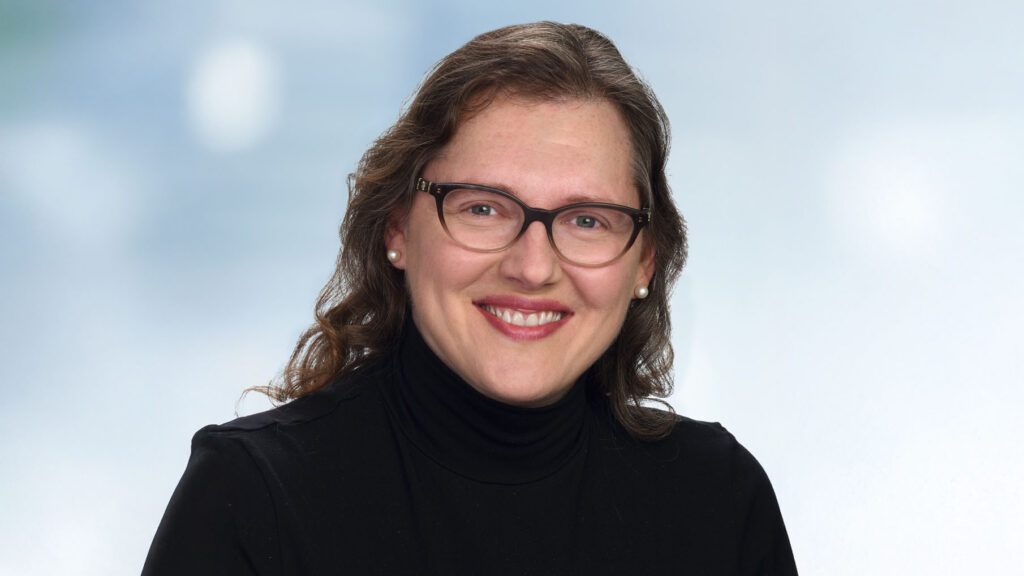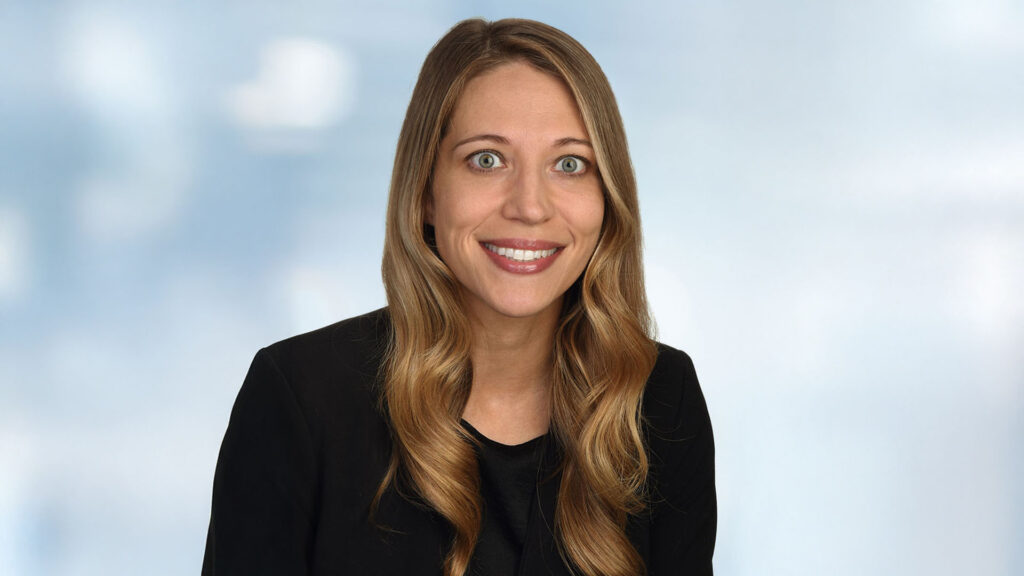
Awards & Recognitions – September 2025
Barrow Anniversary

On Sept. 23, Barrow Neurological Institute marked 63 years of neuroscience excellence. When we first opened our doors to patients in 1962, we had just one neurosurgery operating room. Today, our state-of-the-art campus is home to 11 of the most advanced neurosurgery-dedicated operating rooms in the world, as well as two neuroendovascular suites. Each year, we treat more than 73,000 patients—some traveling from across the globe—and perform more than 6,000 surgeries of the brain, spine, head, and neck.
SMISS Grant

Juan Uribe, MD, Chief of the Division of Spinal Disorders at Barrow, and his team in the Sonntag Spine Center Virtual Reality Laboratory have received a $20,000 research grant from the Society of Minimally Invasive Spine Surgery (SMISS) for their project, “Immersive Virtual Reality Training for Endoscopic Spine Surgery: A Scalable Solution to Advance Minimally Invasive Education.”
This project is the brainchild of Barrow PGY-6 neurosurgery resident Steve Cho, MD, who spent six months in Korea intensively learning the nuances of endoscopic spine surgery. Upon his return to Barrow, he approached the Institute’s VR Lab about creating a proof-of-concept prototype of a VR simulation for endoscopic spine surgery, with a specific focus on helping neurosurgery trainees better understand indirect visualization in these procedures.
Drawing upon their existing library of spine models and interactive procedure simulations, as well as a surgical instrument 3D model from Barrow Neuroscience Publications‘ animators, the VR Lab was able to quickly develop this prototype. With the SMISS grant, under the leadership of Dr. Uribe, the VR team plans to fully develop its VR module and validate it with a pilot study involving Barrow neurosurgery trainees.
NIH R61 Grant

When we face something new, we draw on what we’ve learned before to decide what to do next, generalizing from past experiences and spotting similarities. This occurs through a process known as abstract reasoning. But how do the networks of neurons in our brains work together to give rise to this ability, which we often take for granted?
That’s what Barrow Epilepsy Surgery Director Andrew Yang, MD, MS, and his collaborators hope to better understand with the support of a new R61 grant from the National Institutes of Health (NIH). The three-year grant will provide $3 million of funding for a multi-institutional study led by Ueli Rutihauser, PhD (Cedars-Sinai Medical Center/Caltech), along with Adam Mamelak, MD; Jie Zheng, PhD (University of California-Davis); and Stefano Fusi, PhD (Columbia University).
The team will record the activity of individual neurons through the voluntary participation of patients being treated for their epilepsy at Barrow, Cedars-Sinai, and UC Davis. Study participation occurs while patients are admitted to the epilepsy monitoring units (EMU) for seizure monitoring with SEEG, which allows their physicians to provide personalized, tailored recommendations for epilepsy surgery. Research with similar recordings has led to many fundamental discoveries of the human brain and mind, which would not be possible without the selfless contributions of participants to further scientific understanding.
Barrow is an ideal institution to gather this rare and valuable data. Our Epilepsy Center has received the highest-tier designation from the National Association of Epilepsy Centers (NAEC) as a Level 4 Comprehensive Epilepsy Center, which recognizes our expertise in providing the highest level of medical and surgical evaluation and treatment for patients with complex epilepsy.
WINS President

Laura Snyder, MD—professor of neurosurgery, director of neurotrauma, and associate residency program director at Barrow—is serving as President of the American Association of Neurological Surgeons/Congress of Neurological Surgeons Joint Section of Women in Neurosurgery (WINS). She was elected at the 2025 AANS Annual Meeting and will serve until the 2026 meeting.
WINS was founded in 1989 to improve representation of women in neurosurgery through scholarships, professional development opportunities, mentorship, and networking.
Global Leadership Award

At its signature Mayor’s International gala on Oct. 17, Phoenix Sister Cities will present its Global Citizen Awards for 2025. This year, the nonprofit organization will recognize Barrow Neurological Foundation with a Global Leadership Award for its work to elevate Phoenix on the global stage. Barrow President and CEO Michael T. Lawton, MD, will attend the event as a special guest.
BAF Grant

Takuma Maeda, MD, PhD, a postdoctoral fellow in the Barrow Aneurysm and AVM Research Center, was formally presented with a 2025 research grant award from the Brain Aneurysm Foundation. The $30,000 award, supported by the Christopher Gregory Chair of Research and the Strode Family Chair of Research, will support Dr. Maeda’s project: “Blocking the PD-1/PD-L1 Axis to Prevent Intracranial Aneurysm Rupture.” PD-1/PD-L1 is an immune checkpoint axis, which acts as a gatekeeper of immune responses. Dr. Maeda’s project is one of 14 to receive the 2025 funding, which totals $580,000.
He was presented with the award at the Research Grant Awards Dinner this month, as part of the Brain Aneurysm Foundation’s 2025 Annual Research Grant Symposium held in partnership with Barrow Neurological Institute. Here, Dr. Maeda (right) is pictured with Barrow President and CEO Michael T. Lawton, MD.
TBF Grant

The Bee Foundation for Brain Aneurysm Prevention announced Peyton L. Nisson, MD, a postdoctoral fellow in the Barrow Aneurysm and AVM Research Center at Barrow, as one of its four grant recipients for 2025. Following an extremely competitive selection process with a record number of applications, Dr. Nisson has been granted $20,000 to support his unique research investigating the connection between reproductive organs and aneurysm formation. He aims to uncover hormonal and vascular factors that contribute to the higher incidence of aneurysms in postmenopausal women, which could identify new pathways for targeted prevention and treatment.
Promotions

Susan Criswell, MD, MSCI, a physician-scientist in the Muhammad Ali Parkinson Center, has been named the Chief Medical Officer for Clinical Research at Barrow. In this role, Dr. Criswell will be responsible for providing leadership and direction for the clinical quality and the performance of the Institute’s clinical research programs.

Kamala Saha, MD, FAAN, a neurologist in the Neuro-Otology Program and the Lewis Headache Center, has been promoted to associate professor in the University of Arizona Department of Neurology, following her promotion to associate professor in the Barrow Department of Neurology. She has also been named the neurology clerkship director of the U of A.

Saif Ahmad, PhD, has been promoted from assistant to associate professor in the Department of Translational Neuroscience at Barrow. Dr. Ahmad’s current research focuses on the inflammatory mechanisms of stroke.
Recognition of Excellence

Kerry Vaughan, MD, a neurosurgeon at Barrow Neurological Institute and the Africa site director for Barrow Global Neurosurgery, has received a “Recognition of Excellence” award from Chandler Regional Medical Center, a Dignity Health hospital. This award is given to providers who have been recognized by their teams and patients for clinical excellence and for demonstrating the values of Dignity Health. These values include compassion, inclusion, integrity, excellence, and collaboration.
NIH Fellowship

Briana Ondatje, a fourth-year PhD student in the Arizona State University-Barrow Interdisciplinary Graduate Program, has been awarded the prestigious and highly competitive Ruth L. Kirschstein National Research Service Award (NRSA, F31), a predoctoral fellowship from the National Institutes of Health (NIH).
Under the mentorship of Rita Sattler, PhD, MSc, the David and Weezie Reese Chair for Neurodegeneration Research at Barrow, Briana has focused her thesis project on the cellular and molecular mechanisms in amyotrophic lateral sclerosis (ALS) and frontotemporal dementia (FTD). Specifically, Briana’s research in the Sattler Laboratory is dedicated to uncovering the neuroimmune response in C9orf72-associated ALS/FTD, with an emphasis on two key brain cell types: microglia and astrocytes. By leveraging patient-derived induced pluripotent stem cells, she models these cell-specific interactions to explore how glia communicate and regulate one another in disease. Through this work, Briana aims to identify novel biomarkers and therapeutic targets that could improve both diagnosis and treatment strategies for patients.
Newsweek Neurosurgery Ranking

For the fifth consecutive year, Barrow Neurological Institute is ranked among the World’s Best Specialized Hospitals for Neurosurgery by Newsweek. Since launching this global ranking with its 2022 list, the media company has consistently positioned Barrow—based in Phoenix, Arizona—as the No. 1 facility in the Southwestern United States. For the past four years, Barrow has held the No. 10 spot nationally. Of all 125 hospitals ranked in the neurosurgery subspecialty, Barrow sits at No. 15 in the world.
